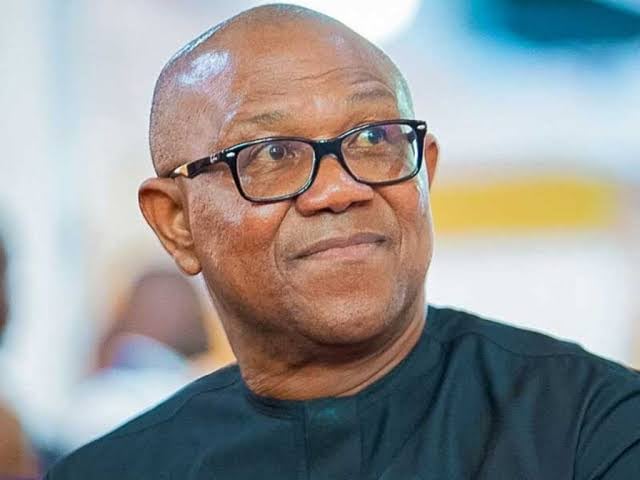Former Labour Party presidential candidate Peter Obi has criticised President Bola Tinubu’s justification for skipping a visit to Yelwata in Benue State, where scores of Nigerians were recently massacred. In a statement posted on X (formerly Twitter), Obi said that citing “bad roads” as the reason for not visiting grieving communities is not just unacceptable, it is symbolic of a failing leadership ethos.
Obi’s remarks come days after the presidency claimed that the president could not reach Yelwata due to poor road conditions and heavy rains. President Tinubu had already travelled to Benue State but avoided the hardest-hit areas, instead delivering remarks at a state-organised ceremony that citizens say resembled a political rally more than a condolence visit.
Obi questioned why the president, who commands a fleet of aircraft, could not be airlifted to the affected region if roads were truly impassable.
Even if we accept that the roads were truly impassable—which they are not, as presidential aides and staff managed to navigate them—what happened to the use of helicopters?” Obi asked. Are we saying a nation that boasts of a presidential air fleet could not airlift the President to Yelwata to condole with grieving citizens?
Obi emphasised that leadership is not about convenience or comfort but about sacrifice, visibility, and empathy, especially during national tragedies.
READ MORE: Nigeria: IDPs Protest in Makurdi Over Hunger, Neglect, and Diversion of Relief Materials After Tinubu’s ‘Commiserate’ Visit to Benue — Woman Faints, Children Starve
“A true leader does not make excuses or complain; he shows up, sacrifices, and provides solutions, especially in difficult times,” Obi wrote. “You cannot abandon your citizens in their hour of need.”
He further raised a fundamental concern about governance, asking who should be held responsible for the bad roads in the first place if not state and federal authorities. He pointedly questioned what hope would remain for ordinary Nigerians if even the president could not access parts of his country.
Obi’s comments have reignited criticism over the Tinubu administration’s handling of humanitarian crises, including the Benue killings and ongoing flooding in Niger State. His criticism echoes wider public frustration over what many see as a lack of urgency and empathy from the highest levels of government.
The people of Benue did not need protocol or explanations. They needed empathy. They needed presence, Obi wrote. The roads may be bad, but worse is the institutional neglect that brought us to this point.
Concluding his statement, Obi reiterated his belief that a New Nigeria “cannot—and will not—be built on excuses,” but on “sacrifices, courage, and responsibility of true leaders.”

